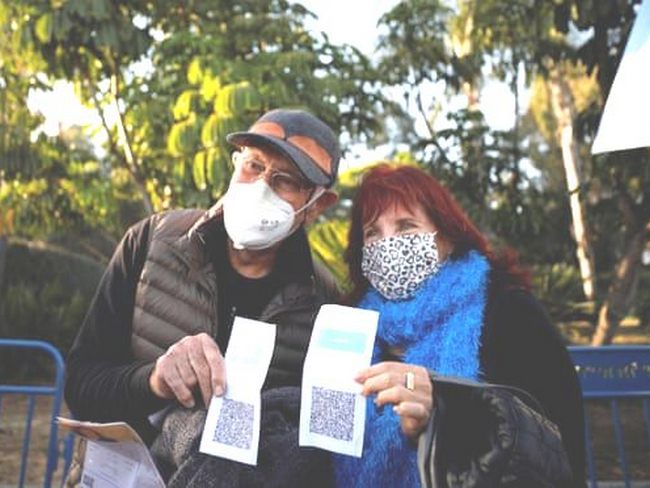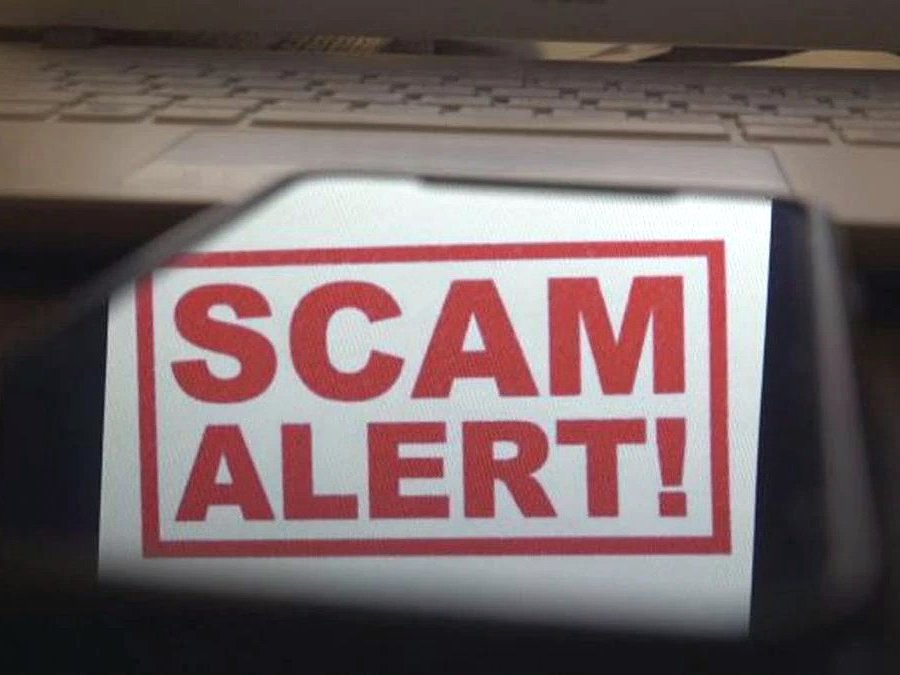
Increasing numbers of foreigners based in Thailand are checking the viability of obtaining a Covid-19 vaccination package by booking an overseas holiday. The practice is known as vaccine tourism and is said to be available in parts of the USA and several other countries. However, there are many reasons why local expats need to be very wary of jumping the vaccine queue in this fashion.
Many expats feel frustrated after the Thai Ministry of Public Health announced on May 4 that Thai people will always be given priority for Covid-19 vaccines, denying that some foreigners have managed successfully to book appointments via the Mor Prom (Doctor is Ready) application on Line. But government health minister Rungrueng Kitphati poured a cold water ocean by denying there were plans to give them free jabs anytime soon. He suggested “there will soon be a surplus of vaccines” enabling expats to pay for jabs in private hospitals.

However, that route doesn’t look to be imminent either. The government has stated that it is not opposed to the private sector purchasing vaccines from overseas, but hospitals admit that the bureaucracy is difficult. Most foreign-based suppliers will sell only to government agencies and there is a complex chain of command involving health authorities and the Food and Drugs Authority. Private hospital spokesmen have mostly been moot on a likely timetable, but admit a solution is at least two months away.
Vaccine tourism has already begun. One well-heeled American expat flew to Guam, which has a three-hour time difference from Thailand, whilst the supportive governor Lou Leon Guerrero said marketing jabs to foreigners is “well worth looking at”. Separately, the internet has a number of foreign-registered companies offering a similar service in Russia, Serbia, Dubai, Turkey and even India. Mostly the adverts are thin on detail claiming that Moscow airport will “very soon” have an international vaccination center or that a quick visit to Serbia is advisable “while jab stocks last”.

Costs for an all-inclusive vaccine holiday vary from an improbable US$2,000, for a four day break in India(!), to US$15,000 for a 22-day break in Europe which includes the jabs, airfares, hotels, meals, sightseeing and even a Covid-19 safety kit. Europol, the EU police agency, is warning potential customers to beware. “Many promises circulating on the WhatsApp platform are likely fraudulent and a crude attempt to steal,” a spokesman said. Of course, you could be lucky.
In the UK vaccine tourism for non-Brits has been declared illegal by the government, whilst there is no guarantee that travellers arriving at their foreign destination will actually have confirmed appointments at medical centers for their one or two jabs. The Serbian foreign ministry, for example, has clarified that only citizens of neighboring countries would qualify for a shot “while stocks last”. Some Norwegian jab travellers claimed to have successfully visited Russia by paying US$30,000 with luxury hotel accommodation and business class air tickets. Whatever the truth, vaccination tourism is not a Cheap Charlie option.
The Thai Tourist Authority has said that vaccination tourism is not illegal, but that travellers must make sure that any jabs received abroad are from vaccines approved officially by the Bangkok authorities. A spokesman also reminded Thais and foreigners alike that, if they left the country, they could not return simply with a passport or re-entry permit. They would need a certificate of entry from the Thai embassy in the country of departure which requires substantial documentation and expense depending on the specifics. All in all, the Latin tag Caveat Emptor (Buyer Beware) is the most appropriate conclusion about vaccine tourism.





